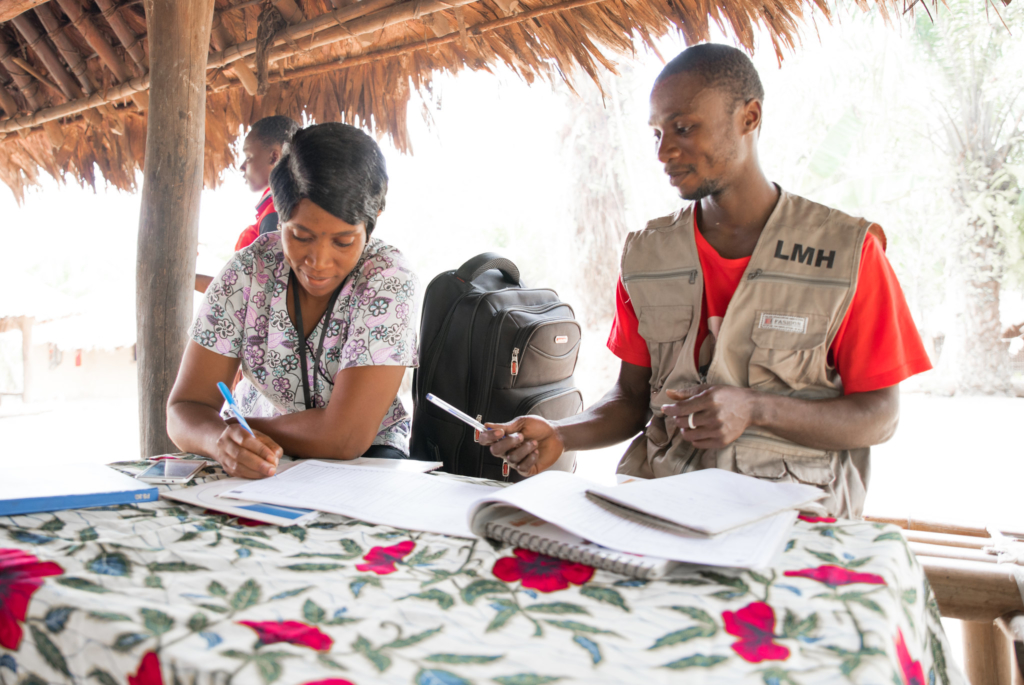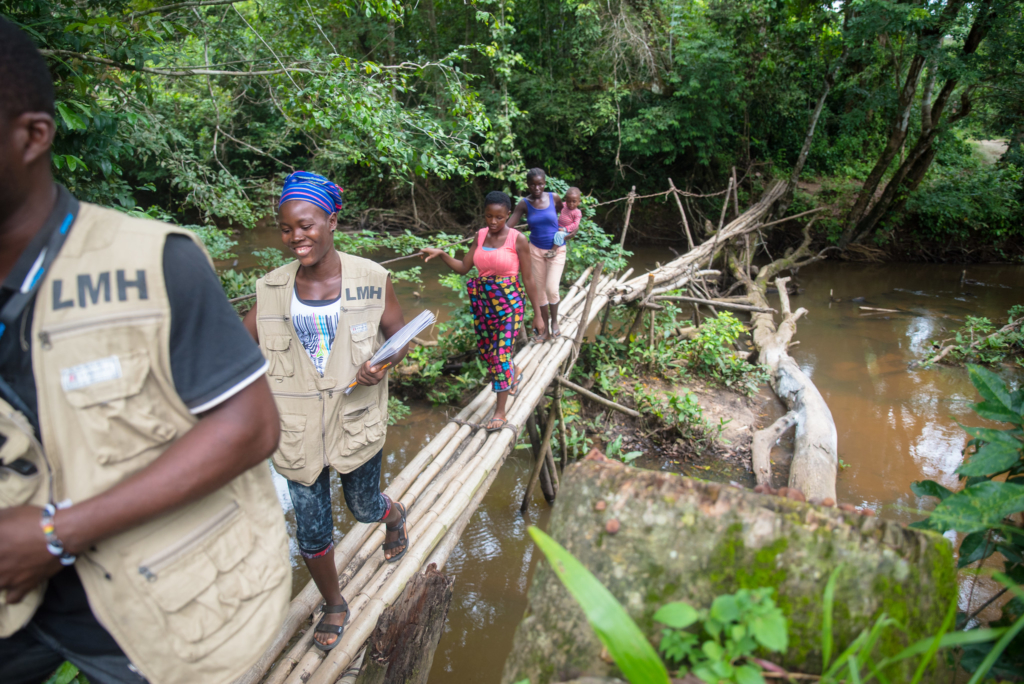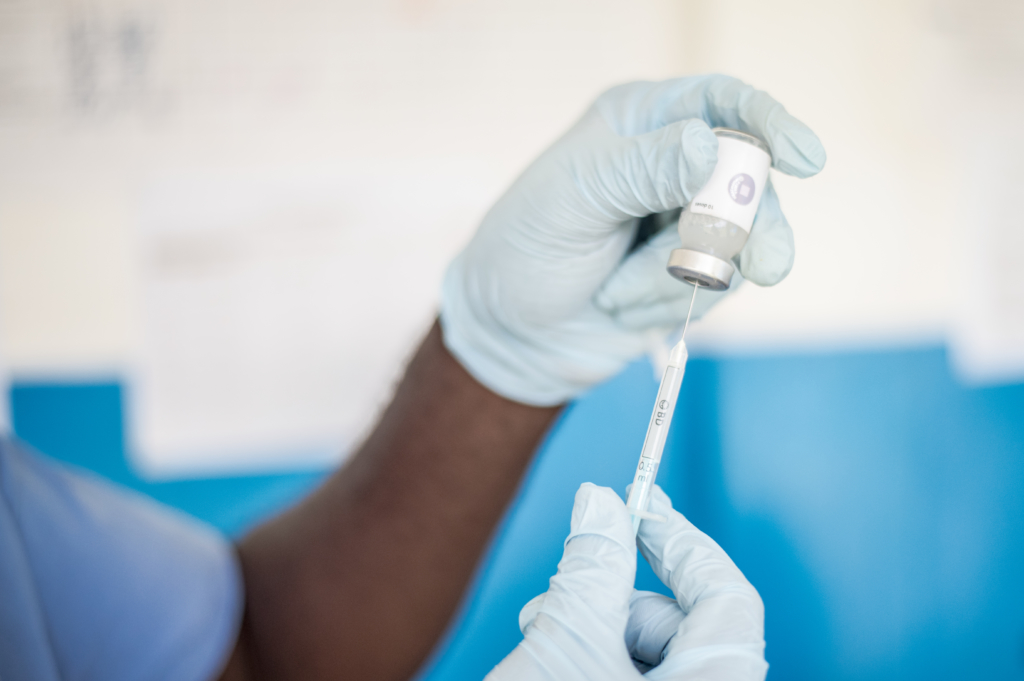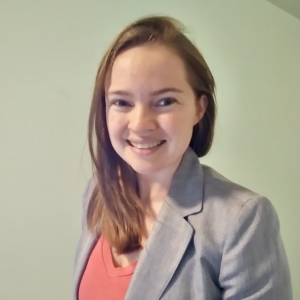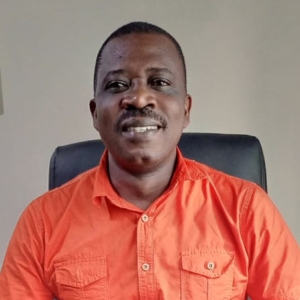On November 9-14, 2020, member states gathered for the 73rd World Health Assembly. Thanks to the new virtual format, viewers from around the globe were given unprecedented access to the sessions. Below, our colleagues Mohammed Keita, Technical Coordinator for Quality Improvement, and Lauren Mawe, Advocacy Programs Associate, reflect on their experience participating in the event.
At the 73rd World Health Assembly, the urgent need for universal health coverage and an unified response to the the COVID-19 pandemic took center stage as leaders like the World Health Organization’s Director General Tedros Adhanom Ghebreyesus and Former President of Liberia Ellen Johnson Sirleaf used the moment to recognize the importance of community-based primary care.
Spotlighting these priorities on the global stage is important to us because we see them to be core to our everyday work at Last Mile Health. We know that health systems are stronger and more resilient when primary healthcare and community health are integrated. In Liberia, for example, we work with the government to make sure accurate and timely health information is reaching citizens all over the country through their trusted neighbors – community health workers. Whether it is sensitizing the community to topics like malaria, diarrhea, dehydration, and safe deliveries, or lifesaving information in real-time about the COVID-19 pandemic, community health workers are often the closest connection that people in remote and rural communities have to the health system.
The progress Liberia has made towards ensuring all citizens have access to primary health services by incorporating community health workers into the formal health system is a remarkable achievement. Many lives have been improved, and the health system is stronger than it was even a few short years ago. However, the work is far from over. When world leaders cast a vision for improved health systems that do not leave the poor and marginalized behind, we wondered what that could mean for Liberia’s remote communities? As we listened to the World Health Assembly proceedings and reflected on our programs and opportunities for growth, three key themes stood out to us.
First, advancing access to health services in Liberia requires strong linkages between health facilities and community health workers. When community health workers aren’t partnered with staff at the closest facility, supplies and medication are more likely to be late, patient referrals can be lost, and patients may not have trust in the health facility – especially if they face a long or expensive journey to the clinic. Liberia’s National Community Health Assistant Program is an exemplary effort to bring essential health services into the communities where people live. The challenge now is to continue strengthening the health system – otherwise the progress made will have a limited impact.
Second, strong collaboration is needed between the Ministry of Health and its implementing and funding partners to help the government reach 100% coverage, and high quality of community health services. Implementing Liberia’s National Community Assistant Program is a major achievement. Yet too often, the attention of the world shifts away after a successful program launch, even before full coverage or quality is reached. Liberia‘s National Community Health Assistant Program now reaches 80% of Liberia’s rural population. For the communities that do have a community health worker, rigorous pursuit of quality is essential to truly save lives and keep the invaluable trust of patients and the community. And for the thousands of Liberians that have not yet been reached by this program, more work is needed to expand access to care for all. Government leadership (like we have seen through the National Community Health Assistant Program) is essential to success, but continued partnership with implementing NGOs that are engaged at the community level remains an essential step in the pursuit of access to health services for all. These partnerships are important to ensure that community health programs are ready to quickly pivot to pandemic response activities while continuing essential health services.
Finally, community and other frontline health workers worldwide need to be prioritized to receive a COVID-19 vaccine when it becomes available. At the World Health Assembly, it was announced that 2021 will be the International Year of the Health and Care Worker. Let’s honor frontline health workers all over the world by investing in them, to ensure they can continue to serve safely and provide primary health services. In doing so, these community and frontline health workers do the work of advancing universal health coverage by connecting people to the health system one patient at a time.
To advance health for all, we call on decision makers to take steps to accelerate universal health coverage by strengthening the linkages between community health workers and facilities, to continue authentic and active collaboration between national governments and their partners, and to ensure that community and frontline health workers around the world are prioritized to receive a COVID-19 vaccine when it becomes available. From the vision cast by global leaders to the vaccination of a young child in a rural community in Liberia, we are working together to see a world where no one is left behind.

